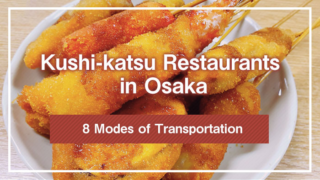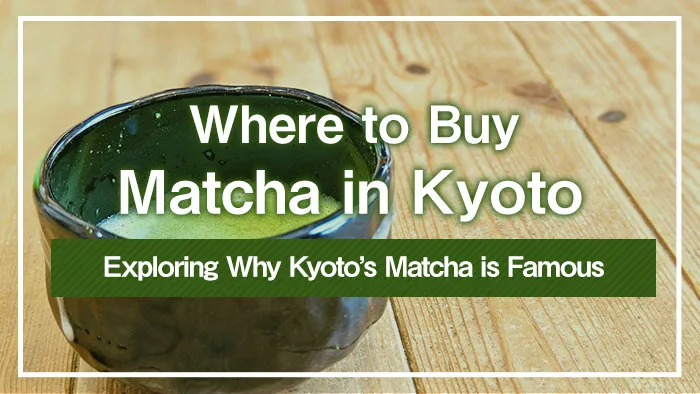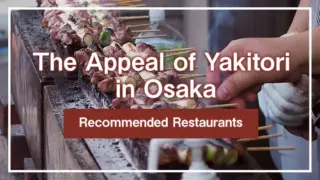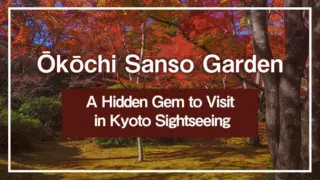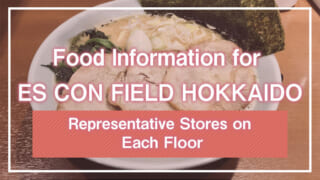Matcha has been cherished as a traditional Japanese beverage for centuries, and its deep flavor and health benefits continue to attract attention today. Among Japan’s matcha-producing regions, Kyoto is especially renowned for its high-quality matcha, making it the perfect destination to experience this unique tea. Many visitors to Kyoto are eager to immerse themselves in matcha culture.
This article explains the basics of matcha and why Kyoto’s matcha is so highly regarded. Whether you’re a matcha enthusiast or planning a trip to Kyoto, this guide is a must-read.
1.What is Matcha?
Matcha is a type of green tea made by grinding tencha (tea leaves grown in specific conditions) into a fine powder using stone mills.
First introduced to Japan from China in the year 805, matcha gained popularity during the Kamakura and Muromachi periods, becoming a staple among aristocrats and samurai through the tea ceremony. Sen no Rikyū, a prominent tea master from the Muromachi-Sengoku era, significantly developed the culture of tea ceremonies and established the foundation of modern tea traditions.
Let’s take a closer look at matcha.
1-1.Differences Between Matcha and Green Tea
Both matcha and green tea are signature Japanese teas, but their production methods and flavors differ significantly.
The raw material for matcha is tencha, tea leaves grown under shade to block sunlight. This method boosts the amino acid theanine, resulting in a mild, umami-rich flavor with minimal bitterness. Tencha is ground into powder using stone mills or machines to create matcha.
On the other hand, green tea is made from sun-grown tea leaves. Exposure to sunlight increases catechins, giving green tea a fresh, slightly bitter, and astringent taste. These leaves are steamed and rolled while drying to create traditional green tea.
1-2.How to Prepare Matcha
Preparing matcha is known as tateru (whisking), and the flavor depends heavily on how it is made. Mastering the proper method allows you to fully appreciate matcha’s rich taste.
Here’s what you need to prepare matcha:
Matcha powder
Matcha bowl (chawan)
Bamboo whisk (chasen)
Bamboo scoop (chashaku)
Hot water (around 80°C/176°F)
Follow these steps to make matcha:
Warm the bowl with hot water.
Scoop an appropriate amount of matcha (about ½ teaspoon) into the bowl using the bamboo scoop.
Gradually pour 80°C (176°F) hot water over the matcha.
Whisk in a circular motion with the bamboo whisk until frothy.
Stand the whisk upright and whisk in a quick, up-and-down motion to create fine foam.
For smoother whisking, tilt the bowl slightly to allow the whisk to move freely, ensuring evenly frothy matcha.
2.Why Kyoto’s Matcha is Famous
今日は中秋の名月。月の出が楽しみです。#月見団子 #お月見 #月影 pic.twitter.com/kCKC0vJO8I
— 一保堂茶舗 Ippodo Tea (@ippodo_tea_jp) September 17, 2024
Kyoto is one of Japan’s most celebrated tea-producing regions and is known for its high-quality matcha.Specifically, Uji tea from Kyoto is regarded as one of Japan’s “three great teas,” alongside Shizuoka tea and Sayama tea.
The history of Uji tea dates back to the Kamakura period when the Zen monk Eisai brought tea seeds from China, and Myoe Shonin began cultivating tea in Uji. By the Muromachi period, tea ceremonies flourished, and in the Edo period, Uji tea’s superior quality earned it recognition as a tea worthy of being presented to the Tokugawa shogunate.
Over the centuries, the people of Uji refined their cultivation techniques, developing unique varieties and methods. This dedication has earned Uji tea a reputation for exceptional quality and flavor.
Additionally, Uji’s abundant water sources, well-drained, nutrient-rich soil, and climate—characterized by significant day-night temperature differences and frequent mist—make it an ideal region for tea cultivation.
3. Places to Drink or Buy Matcha in Kyoto
Kyoto, with its rich cultural heritage, is a city steeped in matcha traditions.Its streets are filled with the fragrance of tea, and the city offers numerous options for enjoying matcha, from historic tea houses to modern cafes. Below are some must-visit spots to savor or purchase matcha during your Kyoto trip.
3-1. Ippodo Tea Shop Kyoto Main Store & Café Kaboku
Founded in 1717, Ippodo Tea Shop is a historic tea merchant offering a space to experience traditional tea culture. Its Kyoto flagship store boasts an impressive design and welcomes visitors warmly. At Café Kaboku, you can enjoy a curated selection of Japanese teas in a tranquil atmosphere.
Details:
Address: 52 Tokiwagi-cho, Teramachi-Nijo, Nakagyo-ku, Kyoto
Phone: 075-211-4018
Access: 5-minute walk from Kyoto City Hall Subway Station (Tozai Line)
Hours: Store: 10:00–17:00, Café: 10:00–17:00 (Last order: 16:30)
Closed: 2nd Wednesday of every month
3-2. Marukyu Koyamaen Nishinotoin Store & Café Genan
Marukyu Koyamaen, established in the Genroku era, is a venerable tea house known for its high-quality matcha. At Café Genan, visitors can enjoy tea in a tatami-lined room, sampling matcha and modern creations like matcha lattes and matcha parfaits.
Details:
Address: West side of Nishinotoin-dori, South of Oike-dori, Nakagyo-ku, Kyoto
Phone: 075-223-0909
Access: 6-minute walk from Karasuma Oike Subway Station
Hours: Store: 9:30–18:00, Café: 10:30–17:00
Closed: New Year’s holidays & Wednesdays
3-3. Fukujuen Kyoto Main Store
Fukujuen, founded in 1790, operates a multi-story complex dedicated to tea culture. The building features a tea shop, café, restaurant, and gallery, offering modern tea experiences tailored to today’s lifestyles.
Details:
Address: Corner of Shijo-dori and Tomikoji-dori, Shimogyo-ku, Kyoto
Phone: 050-3152-2901
Access: 7-minute walk from Karasuma or Shijo Subway Station
Hours: 11:00–18:00 (hours vary by floor)
Closed: New Year’s Day & Wednesdays
3-4. Nakamura Tokichi Main Store
Nakamura Tokichi, established in 1854, is a renowned tea merchant where you can indulge in top-grade Uji tea and matcha-based sweets. The main store offers tea ceremonies, stone mill matcha-making, and desserts made with high-quality tea.
Details:
Address: 10-1 Uji Ichiban, Uji City, Kyoto
Phone: 0774-22-7800
Access: 5-minute walk from JR Uji Station
Hours: Tea shop: 10:00–17:30, Café: 10:00–17:30 (Last order: 16:30)
Closed: Irregular
3-5. Itohkyuemon Uji Main Store
Founded in 1832, Itohkyuemon offers a delightful blend of traditional and modern tea experiences. Its serene tea house provides matcha-based sweets and authentic Uji tea in a sophisticated atmosphere.
Details:
Address: 19-3 Todou Aramaki, Uji City, Kyoto
Phone: 0774-23-3955
Access: 5-minute walk from Uji Station (Keihan Line or JR Line)
Hours: 10:00–18:00 (Café Last Order: 17:30)
Closed: January 1st, 2nd & irregular holidays
Conclusion
Kyoto offers countless opportunities to savor the essence of matcha. Understanding the differences between matcha and green tea, as well as their unique production processes, can deepen your appreciation of this iconic beverage.
Whether you visit a historic tea shop like Ippodo or Fukujuen, or try modern creations at Itohkyuemon, experiencing Kyoto’s matcha will undoubtedly enhance your trip. Discover the depth of flavor and cultural richness that make Kyoto’s matcha truly exceptional.
*This article is based on information available as of November 2024.



